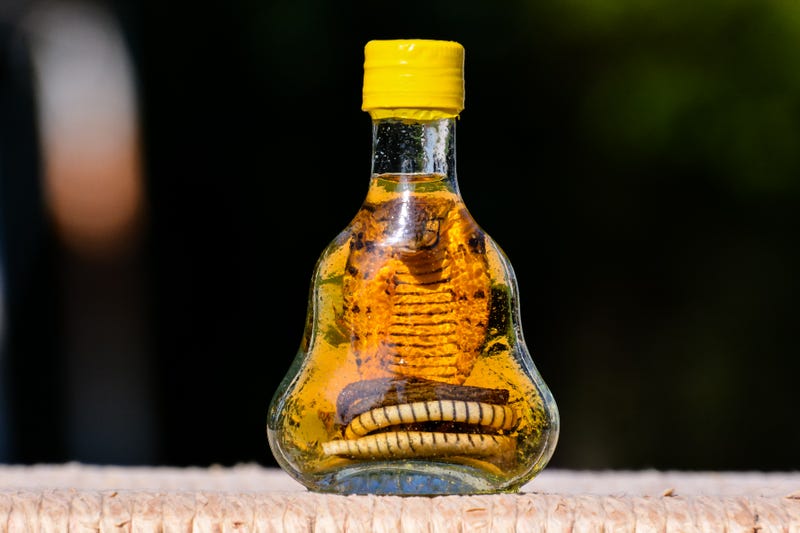
Throughout the pandemic, people have attempted to treat their COVID-19 case with various unscientific methods, like ivermectin, and now betadine.
Betadine is an antiseptic that is often used to clean wounds or sterilize skin before surgery. It's a topical substance that people are now ingesting as an at-home treatment for COVID-19.

But it doesn’t work.
People can develop kidney issues, thyroid issues and other problems from this, in some cases landing them in the hospital.
And the main factor contributing to these false cures for COVID-19 gaining widespread traction is irrational thinking, according to Dr. Amesh Adalja, Senior Scholar at the Johns Hopkins Center for Health Security on KCBS Radio's "Ask an Expert" with Holly Quan and Eric Thomas. "It's very hard to get into the mind of someone who does this," he said.
But this phenomenon is unfortunately nothing new.
People have also ingested fish tank substances, or other veterinary chemicals, believing they are safer than the COVID-19 vaccine.
Adalja believes that this type of person just can’t cognitively process data accurately. "It speaks to the lack of scientific literacy in this country," he said. "That's being capitalized upon by people that are just purveying misinformation for a nihilistic reason."
It's baffling to Adalja that the vaccines have so much data and evidence to back up their safety and efficacy while these alternative cures have absolutely no proof that they are helpful. Social media and other digital platforms definitely contribute to this issue, acting as misinformation pipelines, leading to a small segment of the population that will believe it.
The false treatments have become a much bigger issue due to the pandemic, showing just how political the virus has become.
The mistrust has been especially difficult for doctors, who have sworn oaths to protect their patients. "It's an assault on my integrity, an assault on my profession," said Adalja.
For people who have loved ones attempting to try these methods, Adalja emphasized providing clear information, and making it clear that ingesting these substances is dangerous and even alerting their friends, families, and their primary care doctor of their intentions.

